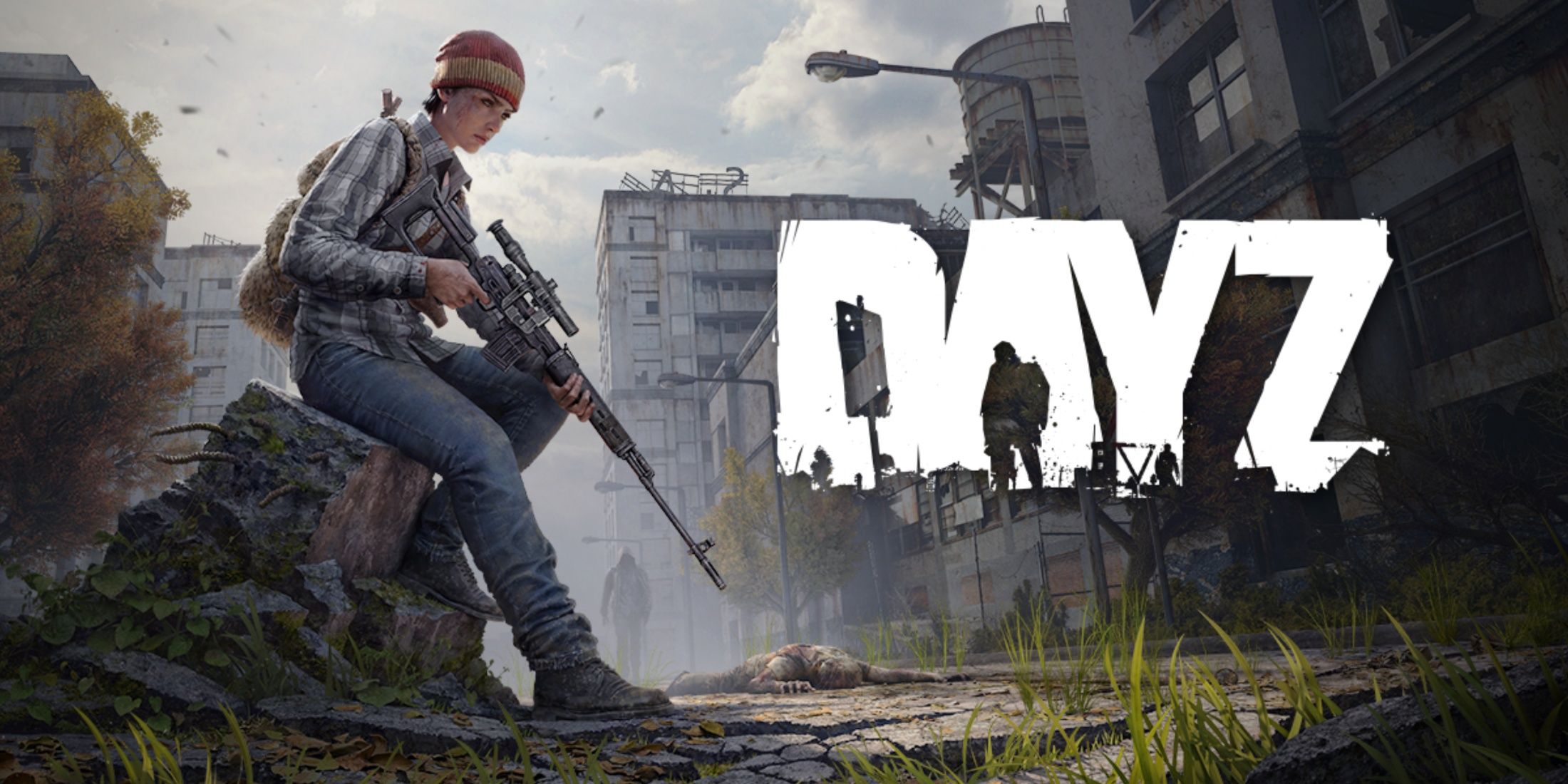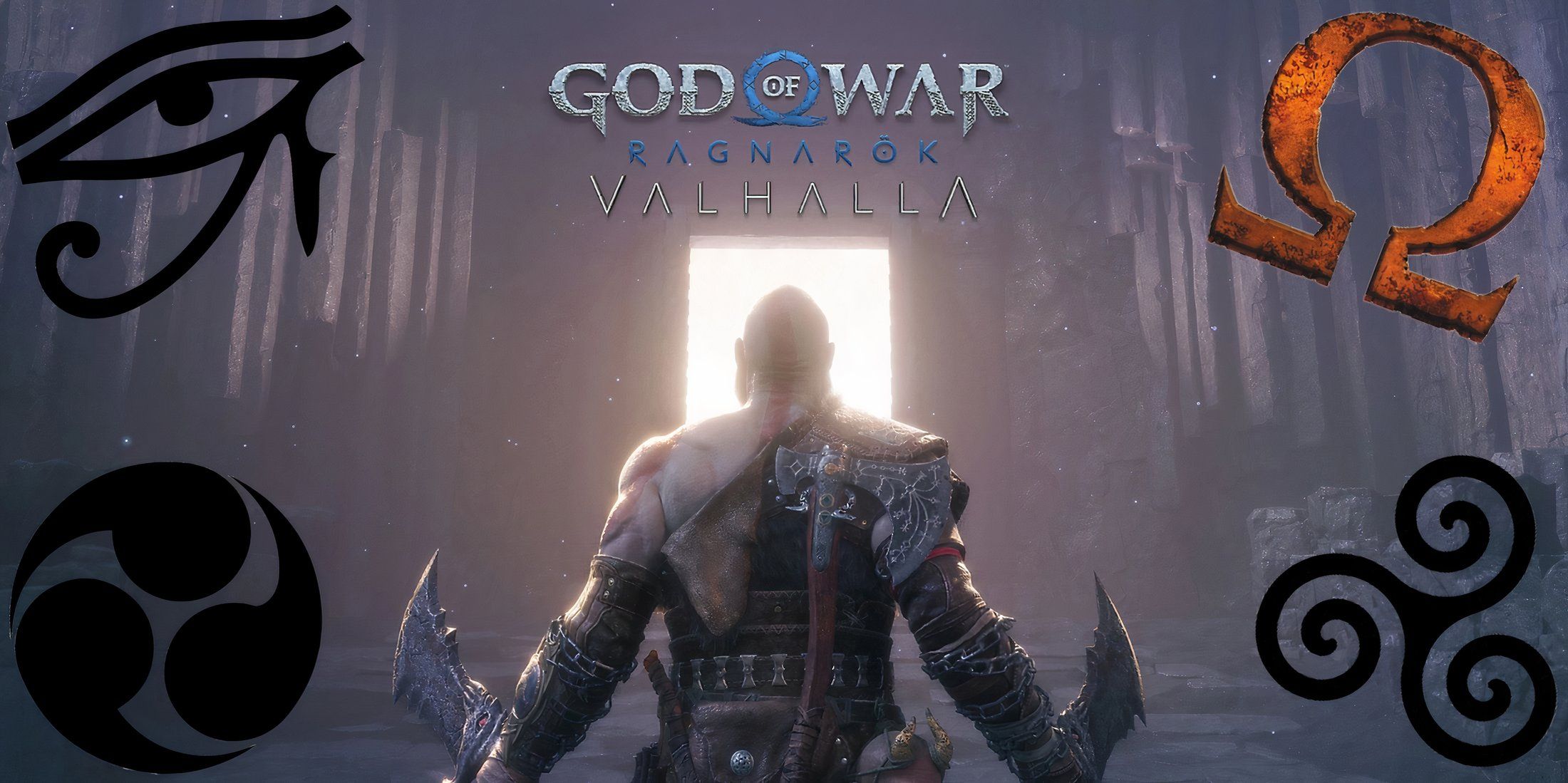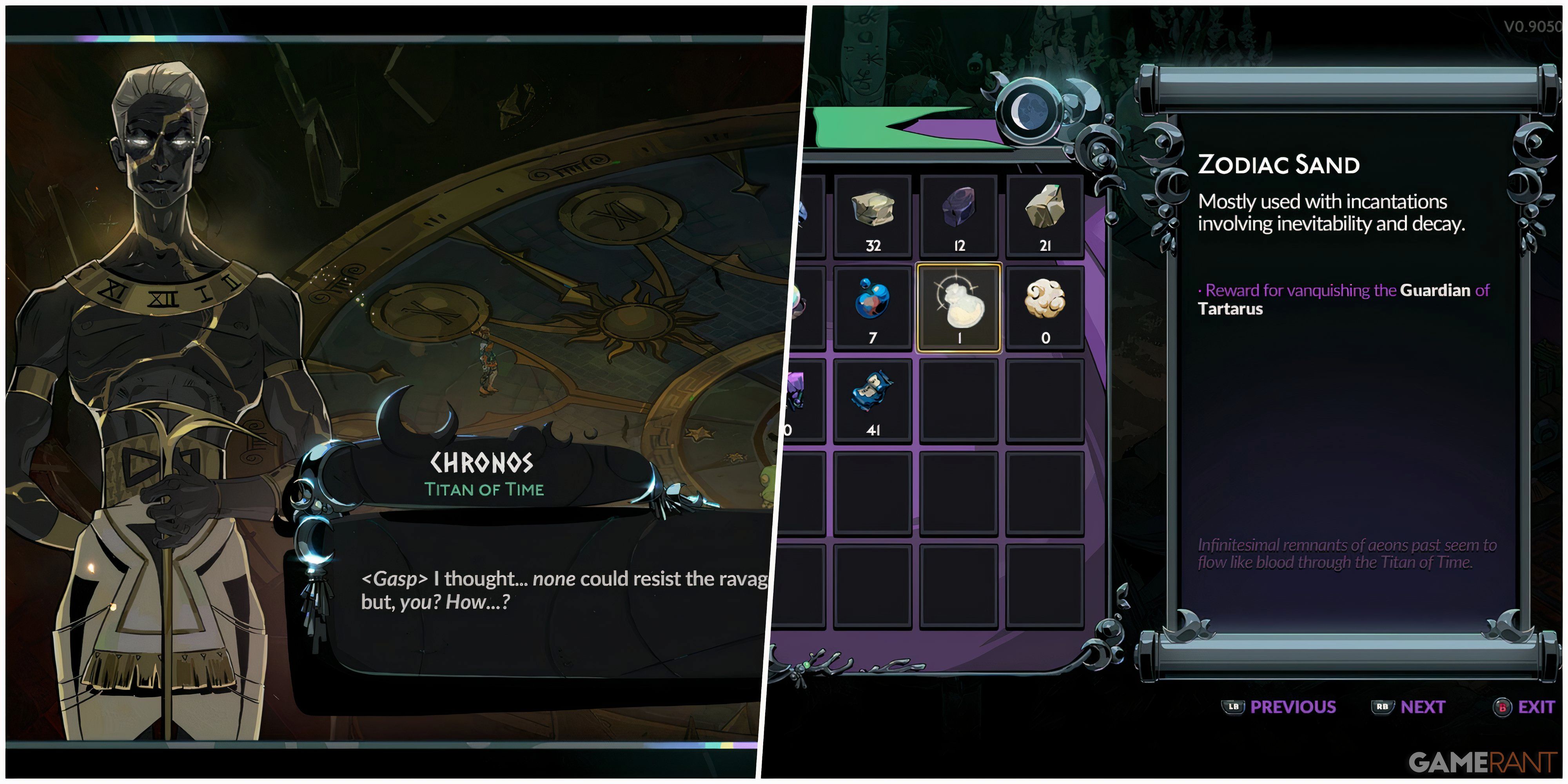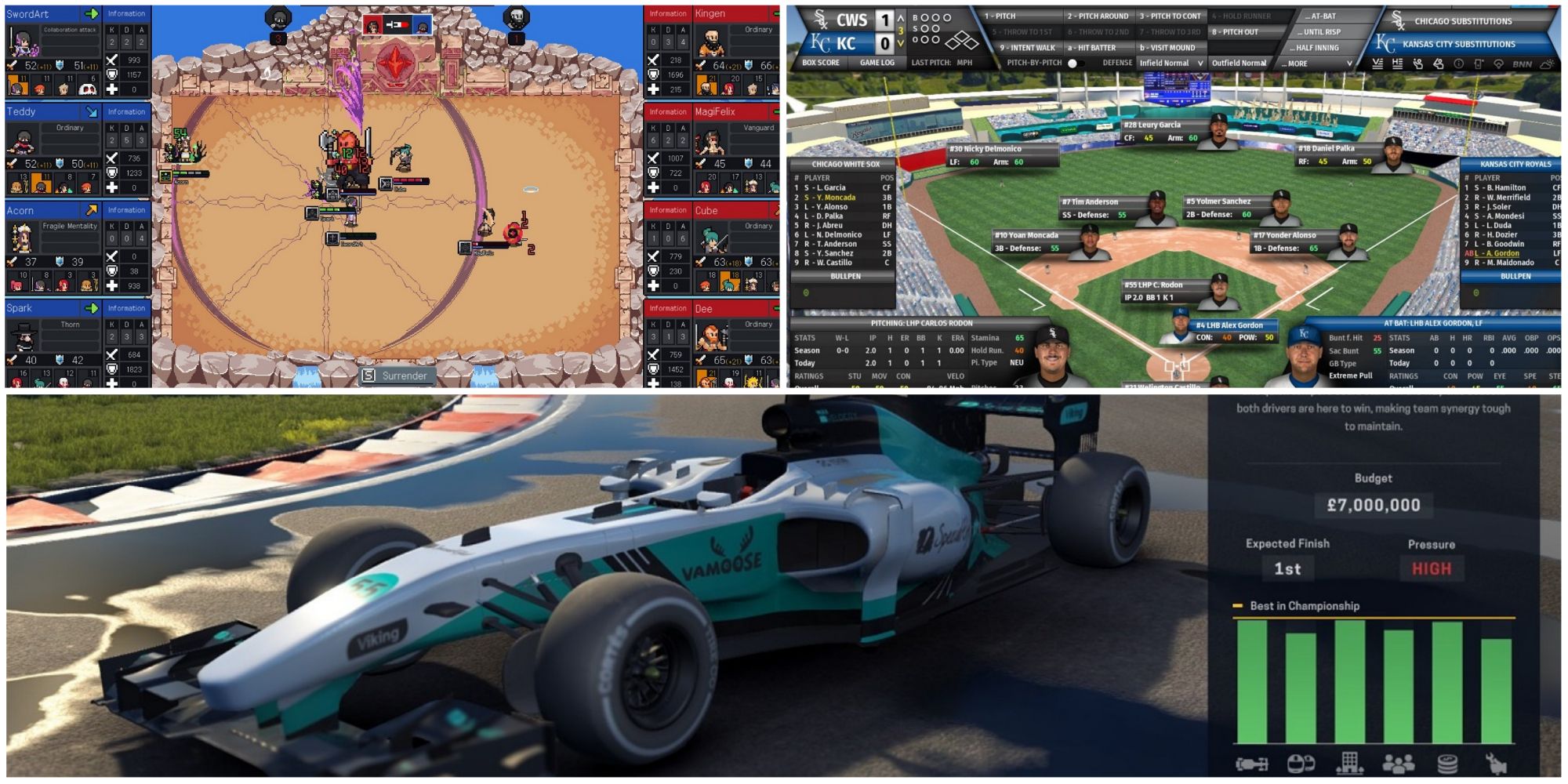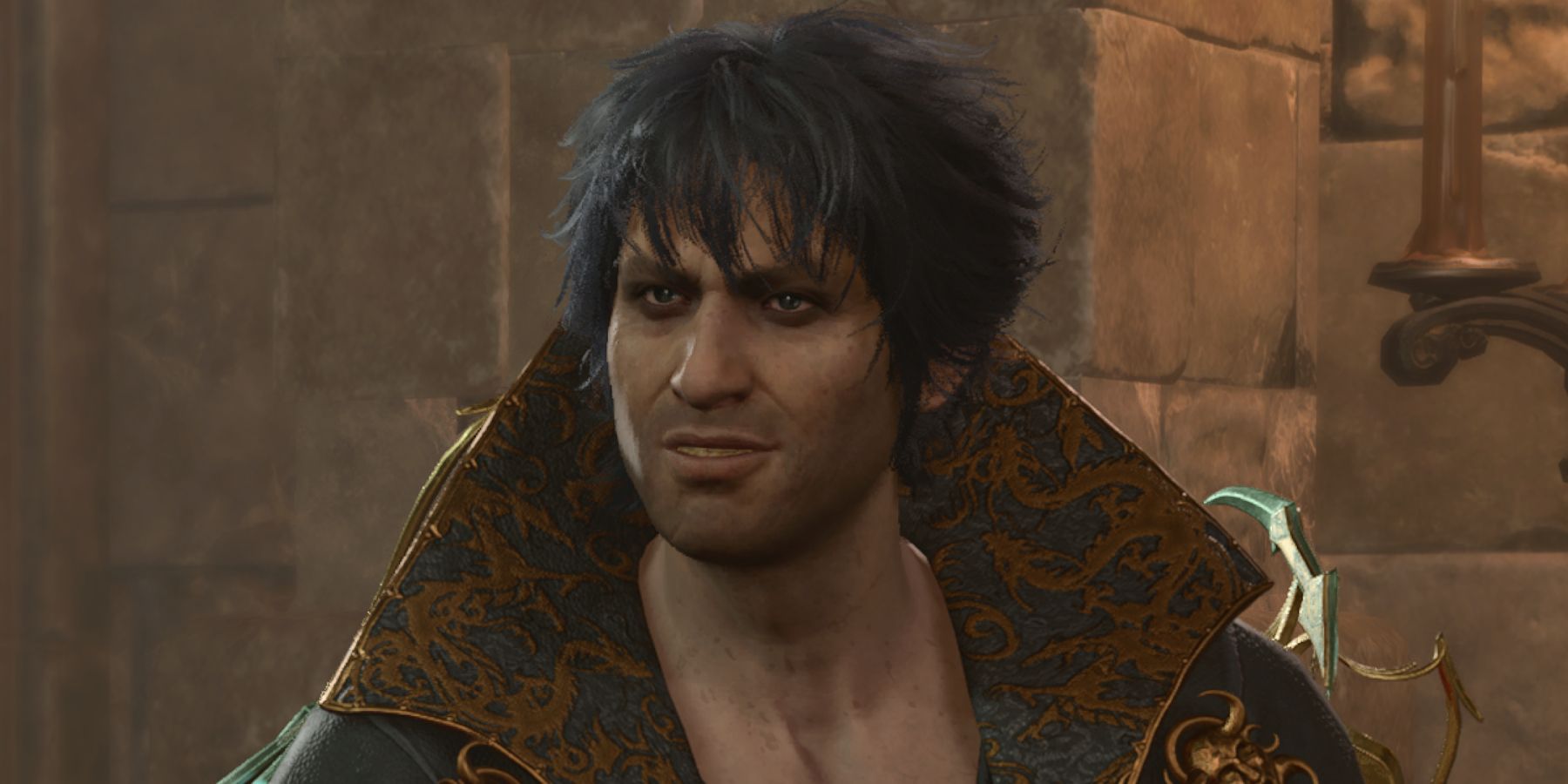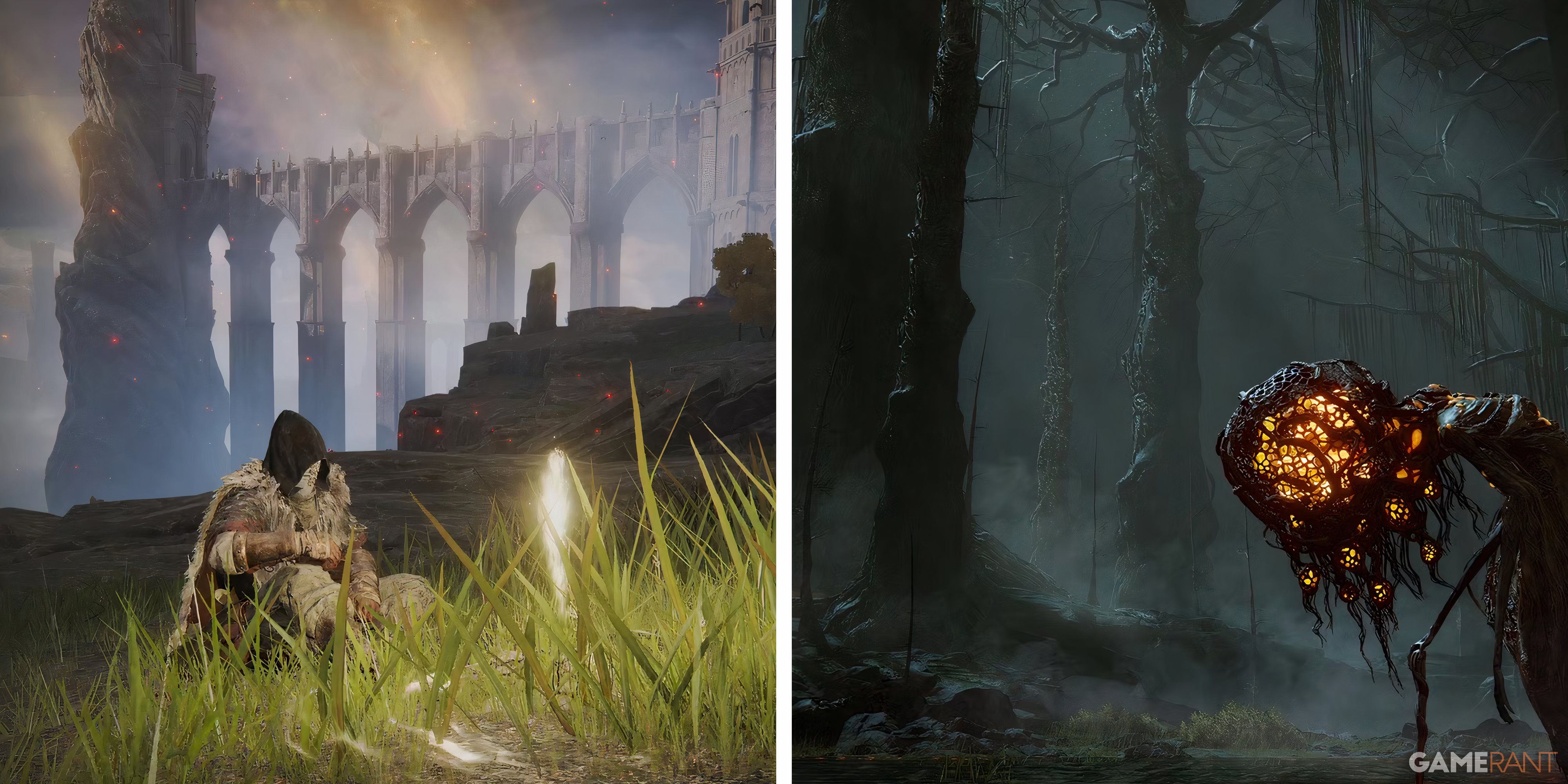Highlights
- God of War Ragnarok: Valhalla serves as an epilogue for Kratos, helping him come to terms with his dark past with Norse God Tyr’s help.
- Future games may explore Egyptian and Japanese mythologies, but the existence of Valhalla suggests that the Norse mythology will remain relevant, just like the Norse games referenced the Greek era consistently.
- Potential appearances from Norse characters like Freya, Mimir, and Tyr could connect the stories and themes of different God of War sagas closely together.
God of War’s Norse mythology journey officially came to an end with the free DLC of God of War Ragnarok: Valhalla. The DLC served as an epilogue to Kratos’ character arc in the Norse duology, with the former Greek God of War finally coming to terms with his dark past thanks to the help of the Norse God of War Tyr. Valhalla showcased many elements from numerous mythologies, from classic Greek monsters such as the cyclops, to weapons from as of yet unseen pantheons and cultures, including Tyr’s Mesoamerican Macuahuitl club. As the franchise begins to move beyond God of War Ragnarok into other mythologies, developer Santa Monica Studio should make sure to reference and include elements from the beloved Norse games in subsequent games, just like Valhalla did with its Greek aspects.
Related
No Matter Where It Goes Next, God of War Should Keep One Ragnarok Approach Intact
God of War Ragnarok’s successor should imitate one of Ragnarok’s best features to encourage the completion of everything the game offers.
Potential Future God of War Games
The next official God of War game still remains a mystery. With Valhalla’s emphasis on creatures, weapons, and environments from the classic God of War games, many fans believe the next game in the series may be a PS5 remake of God of War 1. 2005’s God of War will officially turn 20 years old in March 2025, so that could be an ideal time to release a remake of the first game. Despite this remake rumor, others have appeared of an Atreus solo game or another game focused on Kratos.
The base game of God of War Ragnarok ends with Odin defeated, most of the realms in relative peace, and Sindri angry with Atreus and Kratos for the role they played in causing Brok’s death. After Atreus leaves to seek out the remaining giants, Kratos discovers a Jotnar shrine depicting his probable future as a God of Hope. Kratos asks Freya and Mimir for help to rebuild and, by the end of Valhalla, Kratos chooses to have hope guide his actions in the future. A solo Atreus game may have him traveling to other pantheons to search for other giants, but another game could just as easily have Kratos attempting to spread hope to other chaotic parts of the world.
There are still several mysteries left unsolved in the Norse
God of War
duology, such as who blew the horn to summon the World Serpent, Jormungandr, when Kratos sought out Freya to help Atreus.
Norse Characters and Elements in an Atreus-led God of War Game
Several other pantheons and cultures beyond Greek and Norse have already been hinted at in the Norse God of War duology. In 2018’s God of War, Tyr’s vault houses numerous items and artifacts from cultures worldwide, including Greek and Egyptian. A panel from Tyr’s shrine further depicts Tyr traveling to Egyptian, Japanese Shinto, and Celtic pantheons. In Valhalla, Tyr can be seen wielding various weapons from Mesoamerica, Egypt, and Japan. Given these games’ repeated hints toward Egyptian and Japanese mythologies, the next God of War game may take place in either or both of these panethons.
However, Norse characters could still appear in these future God of War games. If a future game is focused solely on Atreus, Angrboda could possibly appear alongside the giant wolf Fenrir to help him in aiding surviving giants or resolving another pantheon’s conflict. Likewise, Thor’s daughter Thrud could also appear to help resolve any fights, especially with Mjolnir by her side following Thor’s death. These three could possibly form a new protagonist trio in this hypothetical Atreus-focused game.
A Kratos-led God of War game and Beyond
If the next God of War game continues having Kratos as the protagonist traveling to other pantheons, Norse characters may still appear. Freya and Mimir will likely follow Kratos wherever he goes for now on and Tyr may even join Kratos as a guide in these far-away lands. Other Norse characters could appear as potential antagonists as well. Sindri, having his family destroyed by Kratos and Atreus’ actions, could travel to other pantheons to warn them of Kratos’ destructive influence. This could make the pantheons hostile to both Kratos and Atreus in fear that they may destroy their way of life, just as they had done with the Greek gods and Aesir.
While it may be nice to have the next God of War game feature only Arteus or Kratos as protagonists to allow new players to easily jump into the next installment, the Norse characters’ influence on the two practically ensures at least a little bit of involvement in the next games. These characters may not be as influential in the Norse duology and could appear in smaller Norse-focused DLCs or be simply mentioned offhand to new characters. If Santa Monica Studio addresses God of War Ragnarok characters in the next game, it could make the next God of War game a potential perfect conglomeration of Greek, Norse, and new pantheon themes.
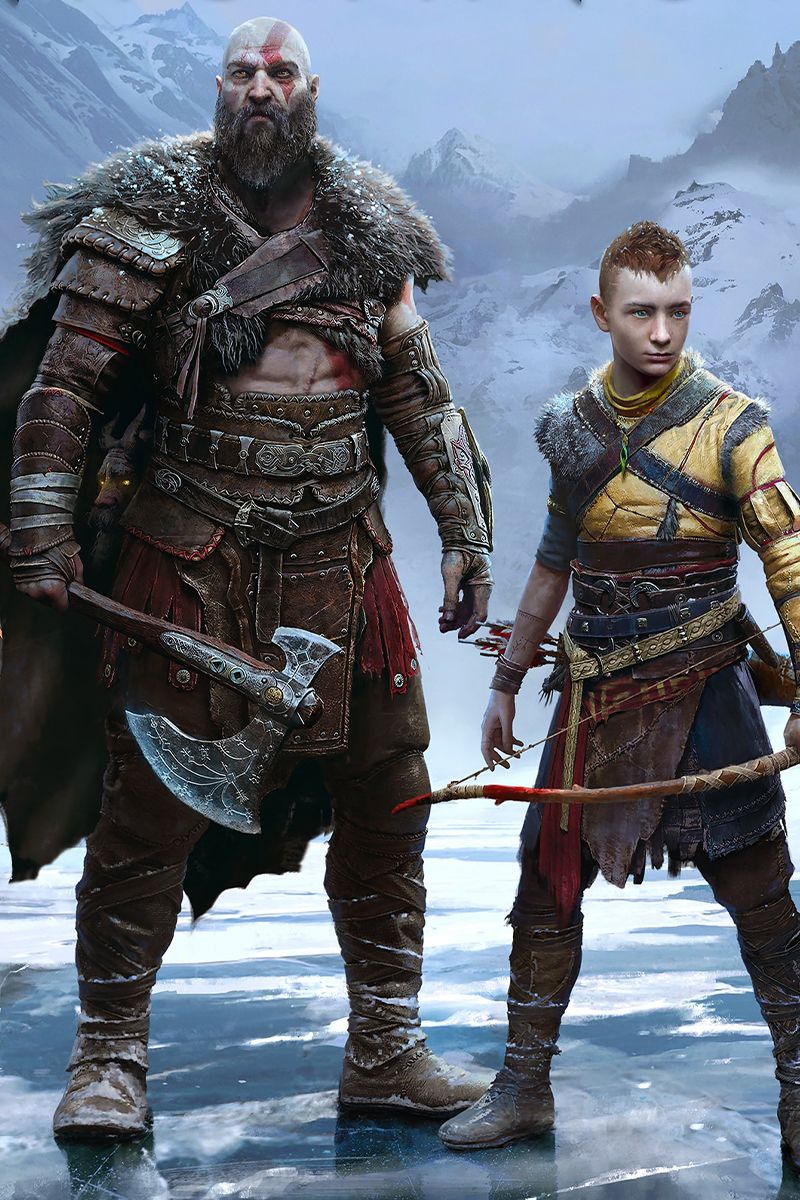
God of War: Ragnarok
God of War Ragnarok is an action-adventure game developed by Santa Monica Studio and published by Sony Interactive Entertainment. It serves as the sequel to God of War (2018) and the conclusion to Kratos and Atreus’ journey through Scandinavia. Loosely based on Norse mythology, players will fight mythological creatures while witnessing the events of Ragnarok.

